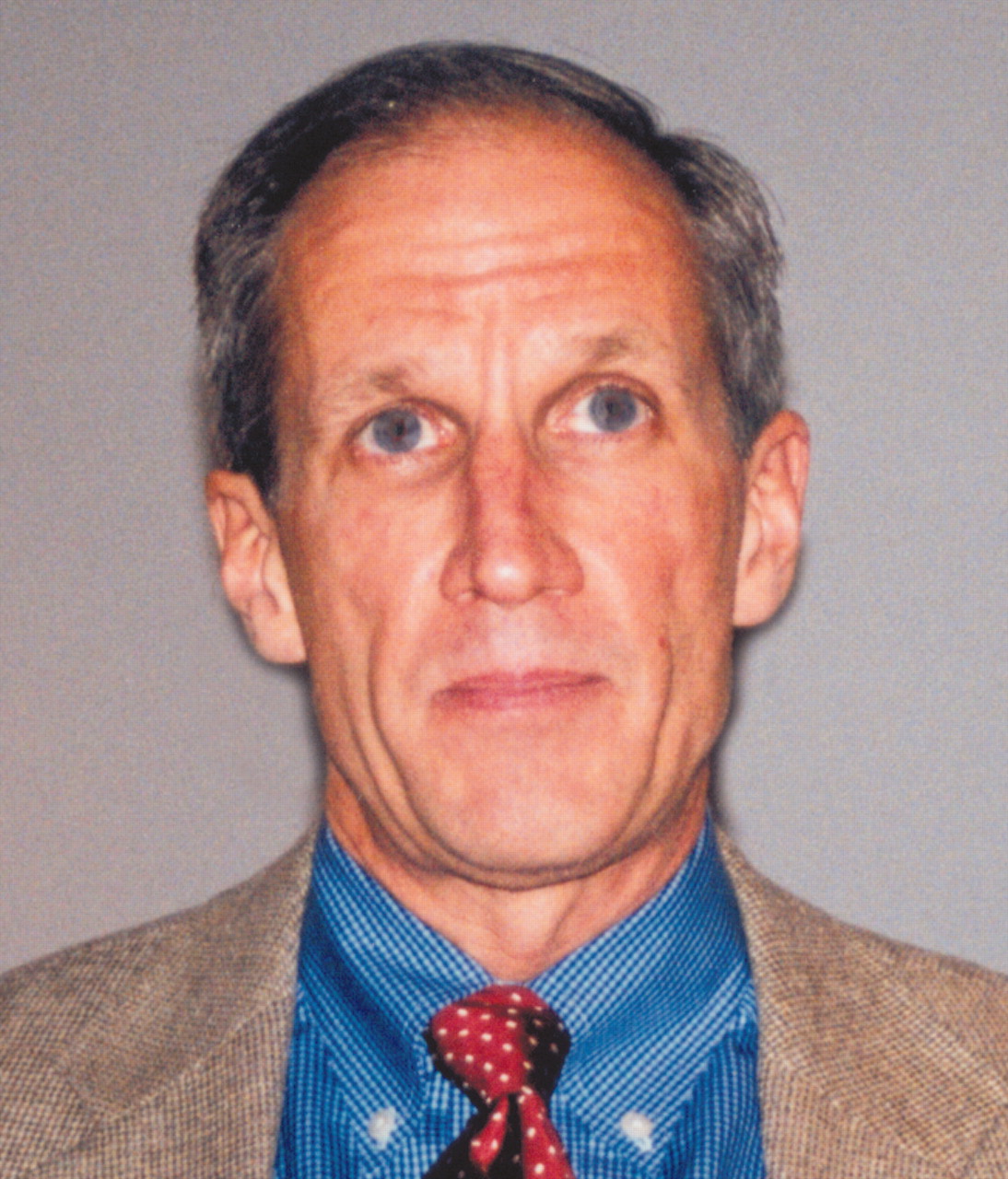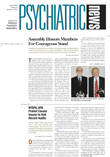Family medicine residents at the University of Florida Health Sciences Center are working alongside psychiatrists in a busy primary care clinic so they can better identify and treat patients with mood and anxiety disorders in their own practices once they graduate.
“Sixty percent of people with depression in this country go to a primary care doctor initially for help,” said Richard Christiansen, M.D., who spoke at APA’s 2003 Institute on Psychiatric Services in Boston about the importance of teaching psychiatric skills to primary care physicians.
Christiansen is an associate professor of psychiatry and director of the community psychiatry program at the University of Florida College of Medicine in Jacksonville.
Stigma may keep the majority of people who think they have mental health problems away from psychiatrists, while others may not recognize that their symptoms are part of a mental illness, he said.
Some patients with an undiagnosed anxiety disorder, for instance, may go to their primary care doctor with somatic complaints. “They tell their physicians, ‘I have this muscle tension, I can’t sleep, and I’m stressed,’ ” said Christiansen.
Unfortunately, their primary care physicians may not recognize an underlying mental health problem. “Primary care physicians need to be trained in how to diagnose mental illness adequately, initiate treatment, and monitor people over time,” Christiansen said. “Early identification and treatment are crucial for the patient” in terms of recovery, he added.
In many residency training programs, nonpsychiatry medical residents are trained to work on inpatient psychiatry units, an acute setting in which residents are trained in emergency, crisis-oriented psychiatry.
“They learn how to titrate medications quickly and do brief, crisis-oriented evaluations,” said Christiansen, in addition to “discharging patients back into the community in a partially stabilized manner.” At the University of Florida’s Community Health and Family Medicine Clinic in Jacksonville, however, family medicine residents are learning how to evaluate and treat patients with mental health problems in primary care settings.
The clinic was established in 2001 through a collaboration between the university’s community psychiatry program and its division of community health and family medicine, Christiansen said.
Patients who come to the clinic first meet with a primary care doctor, and if he or she suspects that there is a psychiatric component to the patient’s health problems, the doctor recommends that the patient schedule an appointment with Christiansen, who is the sole psychiatrist at the clinic. They don’t have to go far—Christiansen’s office space is adjacent to that of the primary care physicians.
PGY-2 family medicine residents then work with these patients under Christiansen’s close supervision. During the month-long training, residents learn how to conduct a psychiatric evaluation, for instance.
Christiansen said he provides immediate feedback to residents on their ability to form an alliance with patients and answer questions that come up during the interview process.
At the end of each psychiatric evaluation, Christiansen, the resident, and the patient discuss treatment options, follow-up visits, and psychosocial issues that need to be addressed.
Patients receive follow-up treatment at the clinic, including medication, psychotherapy with a Ph.D.-level psychologist who works at the clinic, or both.
Of the 10,000 patients who come through the primary care clinic each year, about 1,000 require mental health services, Christiansen said. About 80 percent of that group are diagnosed with mood and anxiety disorders. “These are the folks [whom the primary care residents] are most likely to see later on in their practices,” he added.
Although he has received positive feedback about the utility of the training from many of the family medicine residents he has supervised, Christiansen said he would like to develop some longitudinal measures to determine how the training impacted the residents’ practices after they graduate and are practicing in the community. ▪

